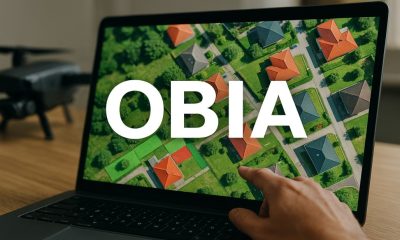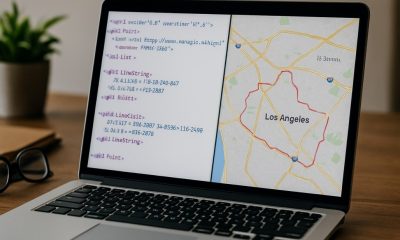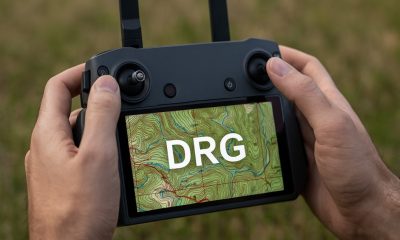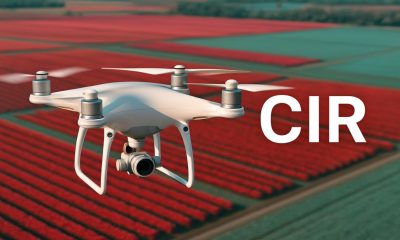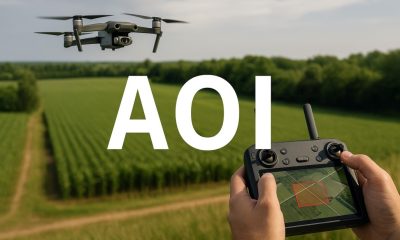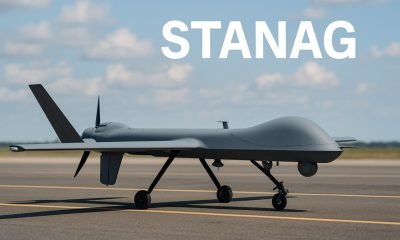Japanese Drone Regulations
Japanese Drone Penalties and Enforcement
Published
9 months agoon
Table Of Contents
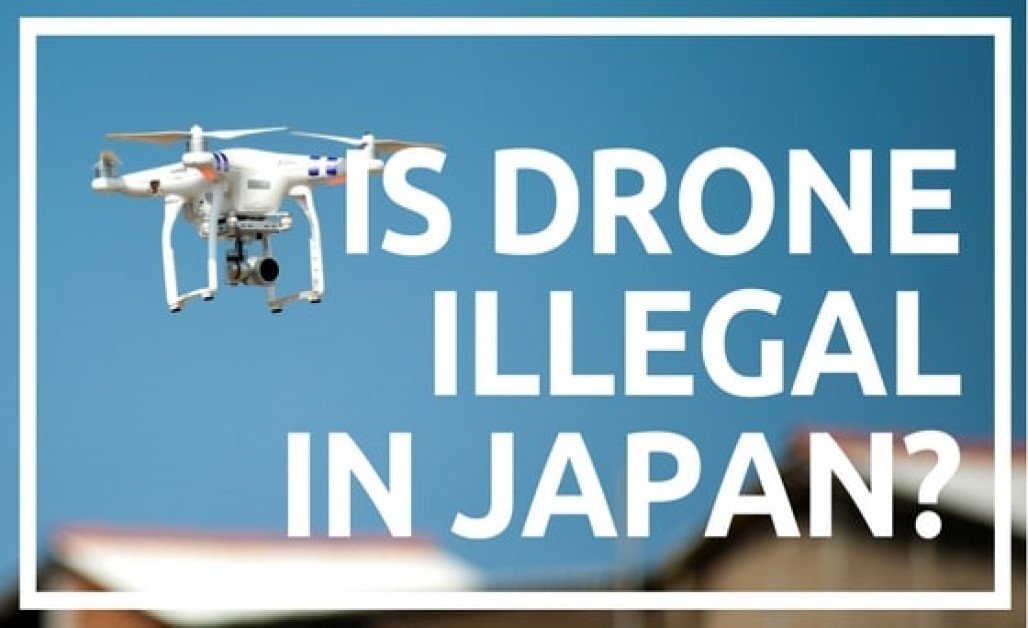
Japanese Drone Penalties and Enforcement – What Are They?
Japanese Drone Penalties and Enforcement are critical components of the regulatory framework ensuring safe and legal drone operations. The Ministry of Land, Infrastructure, Transport, and Tourism (MLIT) and the National Police Agency (NPA) strictly monitor drone activities and impose penalties for violations, such as operating without a license, flying in restricted airspace, or violating privacy laws. Understanding Japanese Drone Penalties and Enforcement measures is essential for all operators to avoid fines, legal actions, and ensure compliance with the law.
Types of Violations
Common Violations
- Flying Without a License: Operating a drone without the required Remote Pilot License (RPL) for commercial or advanced operations.
- Unregistered Drone: Using a drone that has not been registered with MLIT, which is mandatory for all drones weighing over 200 grams.
- Operating in Restricted Airspace: Flying a drone in controlled or restricted airspace without proper authorization.
- Exceeding Altitude Limits: Flying a drone above the maximum permitted altitude of 150 meters above ground level.
- Flying Beyond Visual Line of Sight (BVLOS): Operating a drone beyond the pilot’s visual line of sight without special permission.
- Privacy Infringements: Violating privacy laws by capturing or using personal data without consent or flying over private property without permission.
- Unsafe Operations: Engaging in unsafe flying practices, such as operating drones near crowds or in adverse weather conditions.
Penalties
Fines and Financial Penalties
MLIT and the NPA impose fines on individuals and organizations for violations of drone regulations. The severity of the fine depends on the nature and extent of the violation.
- Individuals: Fines can range from ¥50,000 to ¥500,000 (approximately $450 to $4,500 USD) for each violation, depending on the seriousness of the offense.
- Organizations: Companies or organizations that operate drones in violation of regulations can face significantly higher fines, potentially reaching ¥2,000,000 (approximately $18,000 USD) or more for severe breaches.
Examples of Specific Fines
- Operating Without a License: Fines up to ¥300,000 for individuals and up to ¥1,000,000 for organizations.
- Unregistered Drone: Fines up to ¥200,000 for individuals and up to ¥800,000 for organizations.
- Flying in Restricted Airspace: Fines up to ¥500,000 for individuals and up to ¥2,000,000 for organizations.
- Privacy Violations: Fines up to ¥300,000 for individuals and up to ¥1,500,000 for organizations for infringing on privacy laws.
Criminal Charges
In cases of severe violations, particularly those that endanger public safety or national security, criminal charges may be pursued. This can lead to more severe penalties, including imprisonment.
- Endangering an Aircraft: This is a criminal offense that can result in significant fines and imprisonment. The maximum penalty for endangering an aircraft is up to three years in prison.
Enforcement Actions
Inspections and Audits
MLIT and the NPA conduct regular inspections and audits to ensure compliance with drone regulations. This can include:
- On-Site Inspections: Inspecting drones, control stations, and operational sites to ensure they meet safety and regulatory standards.
- Document Audits: Reviewing flight logs, maintenance records, and certification documents to verify compliance with regulations.
Reporting Violations
Individuals and organizations can report suspected violations of drone regulations to MLIT or local authorities. This can be done through:
- Online Reporting: Using MLIT’s online reporting system to submit details of suspected violations.
- Local Authorities: Contacting local police or council offices to report illegal or unsafe drone activities.
Enforcement Procedures
When a violation is detected, MLIT and the NPA follow a structured enforcement procedure:
- Investigation: Conducting a thorough investigation to gather evidence and assess the severity of the violation.
- Notification: Informing the operator of the violation and the impending enforcement action.
- Penalties: Imposing appropriate penalties, which may include fines, suspension of certifications, or criminal charges.
- Appeals: Providing the operator with an opportunity to appeal the decision or request a review.
Appeal Process
Operators who receive penalties can appeal the decision through the following steps:
- Review Request: Submit a formal request for review to MLIT or the NPA within the specified time frame.
- Hearing: Attend a hearing where evidence and arguments can be presented.
- Decision: Await the decision from MLIT or the NPA, which may confirm, modify, or overturn the original penalty.
Preventative Measures
Education and Training
MLIT provides educational resources and training programs to help drone operators understand and comply with regulations. These include:
- Online Courses: Training modules and certification courses available online to ensure operators are aware of and can comply with Japanese drone regulations.
- Workshops and Seminars: In-person and virtual workshops designed to educate operators on best practices and regulatory requirements.
Public Awareness Campaigns
MLIT and the NPA conduct public awareness campaigns to inform the general public and drone operators about the importance of following drone regulations. These campaigns aim to:
- Promote Safety: Highlight the importance of safe drone operations.
- Clarify Regulations: Provide clear information on the rules and how to comply with them.
- Encourage Reporting: Encourage the public to report unsafe or illegal drone activities.
Summary
Adhering to Japanese Drone Penalties and Enforcement regulations is crucial for maintaining safe and lawful drone operations in Japan. By understanding the potential consequences of violations, including fines and legal actions, operators can ensure compliance and contribute to a safer airspace. Following these regulations not only helps operators avoid penalties but also promotes responsible and ethical drone usage across the country.
To Learn more about acronyms used in this article visit our Drones Acronym Page.
